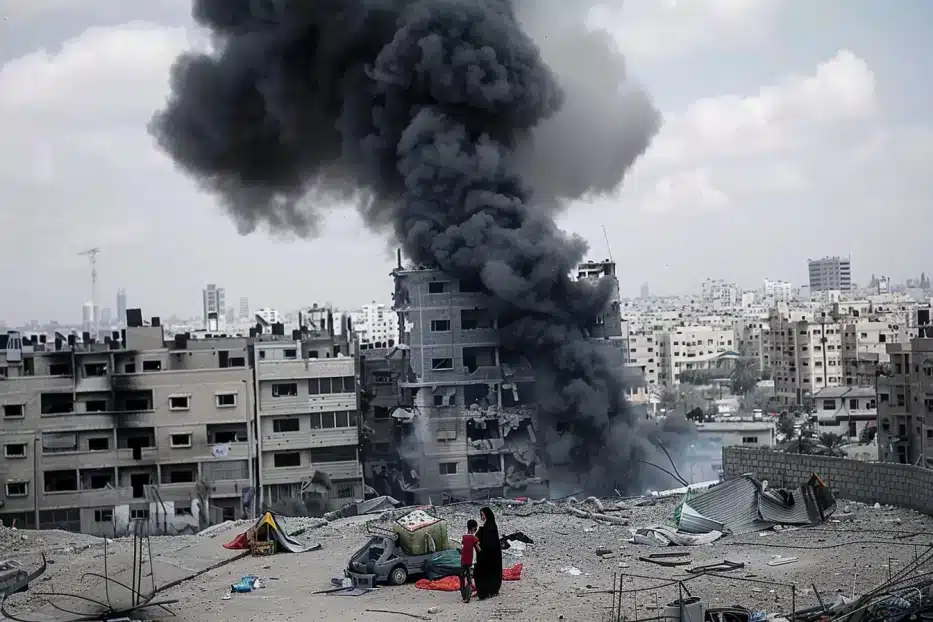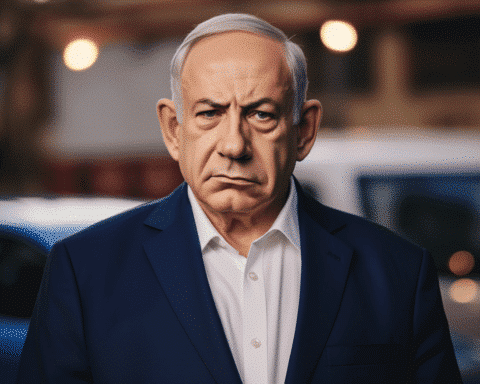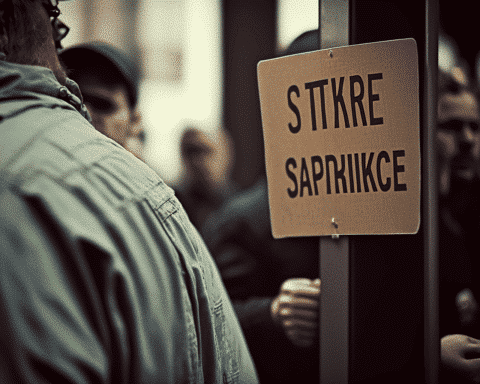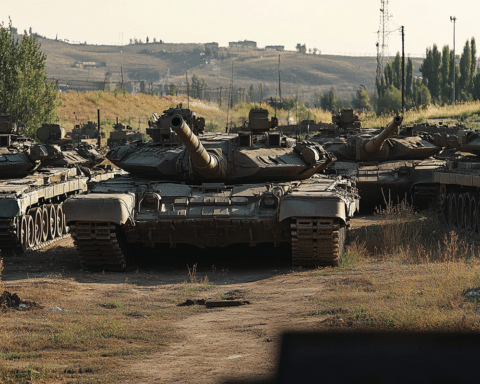Hamas announced on Thursday that discussions regarding a Gaza cease-fire and hostage release are set to continue next week. This development follows the delegation’s departure from Cairo and signals a diminishing likelihood of reaching a truce before the commencement of the Muslim holy month of Ramadan. The anticipation surrounding Ramadan as an informal deadline for negotiations stems from its significance in the Islamic calendar and the historical uptick in Israeli-Palestinian violence during this period, particularly concerning access to a major Jerusalem holy site. The ongoing conflict has escalated tensions across the region, with Iran-backed groups engaging in exchanges of fire with Israel and the United States.
Differences in negotiation terms have complicated efforts to mediate a cease-fire. Egyptian officials highlighted an impasse over Hamas’ insistence on a phased process aimed at concluding the war. However, they had not dismissed the possibility of an agreement before Ramadan, which was expected to start on Sunday. Hamas spokesman Jihad Taha expressed frustrations over Israel’s reluctance to commit to cease-fire conditions, including the return of displaced individuals and withdrawal from contested areas. Israel has yet to respond to these allegations.
The United States, Egypt, and Qatar have been instrumental in attempting to broker a six-week cease-fire and facilitate an exchange involving 40 hostages held in Gaza for Palestinians imprisoned in Israel. Although Hamas has consented to the agreement’s principal terms as an initial step, it seeks assurances for a more enduring cease-fire. According to Egyptian officials who wished to remain anonymous, Israel’s stance appears to limit negotiations to this narrower agreement.
A significant hurdle in the negotiations is Hamas’ demand for the release of a large number of prisoners, including top militants with life sentences, in exchange for the hostages believed to be held within Hamas’ extensive tunnel network. This situation presents a considerable challenge for Israel, which is grappling with the dual objectives of securing the hostages’ release and dismantling Hamas.
Israeli Prime Minister Benjamin Netanyahu has openly rejected Hamas’ demands, emphasizing the continuation of military efforts post-cease-fire to achieve a “total victory.” As Ramadan approaches, a period marked by intensified prayer, reflection, and community for Muslims, the conflict over access to the Al-Aqsa mosque compound in Jerusalem looms large. This site holds profound religious significance for both Muslims and Jews, further complicating the prospects for peace.
The war, triggered by Hamas’ cross-border attack on October 7, has led to devastating human and infrastructural losses. The conflict has displaced a significant portion of Gaza’s population, pushing many to the brink of famine and resulting in a high civilian death toll. Amidst international calls for humanitarian relief, Israel has announced measures to facilitate aid delivery to northern Gaza.
As the negotiations are set to resume, the international community watches closely, hopeful for a resolution that can bring an end to the hostilities and alleviate the suffering of countless civilians caught in the crossfire.




